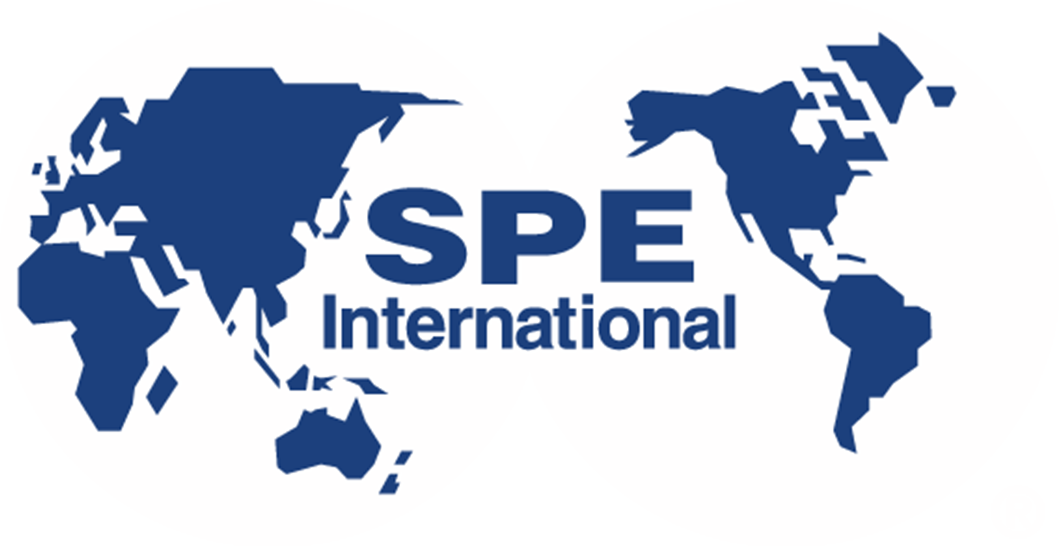Agenda
Wednesday, September 21
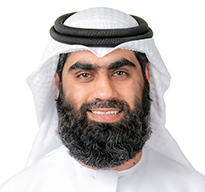
Khaled Al Blooshi
Vice President
Digital Projects & Innovation
ADNOC
Speaker(s):
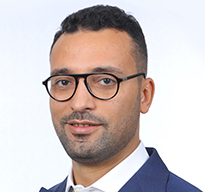
Mohamed Amri
AIQ

Mohamed Elfeel
Schlumberger

Mark Jenkins
Baker Hughes
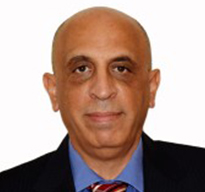
Osama Hanna
Microsoft
This panel will discuss the opportunities, as well as potential pitfalls of using AI and machine learning for subsurface applications. It will aim to show the potential, but at the same time providing a level of expectation management outlining the underlaying environment which needs to be in place to maximize the use of AI and machine learning. We will present and discuss case studies and practical views towards success stories and limitations including the required availability of appropriate data in relevant quantity and quality, the computing environment and the required scalability for identifying possible enhancements of the current subsurface data analyses from acquisition to simulation.
Speakers

Ingrid Gjerazi
OMV
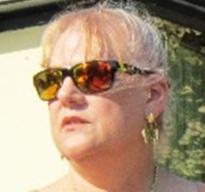
Maria Teresa Galli
Eni

Marc-Philipp Liebenberger
TDE
The increasing use of AI and advanced analytics in the subsurface domain requires the industry to ‘re-think’ and ‘re-invent’ the traditional ways in which subsurface data is ingested, managed, and consumed. Doing so will enable the industry to pivot from its existing siloes of data, applications, and workflows, to integrated ways of working that to deliver maximum value from its data and investment in AI Data Driven Technologies.
While industry has seen significant success in PoC and pilots by demonstrating value potential (value that can be unleashed by enabling the use case), success has been very limited in realising this value during scale-up. A subsurface data platform with appropriate governance and operating model is essential to ensure data is consistently ingested, curated, and engineered before being analysed by the AI models.
The session will explore next-generation subsurface data foundation platform required to deliver maximum business values, including best practice data management principles, unified data platforms , and novel ways of working to deliver data products that achieve accelerated value realisation and operationalisation, using an agile approach.
Speakers
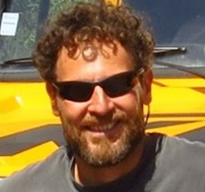
Heiko Hillgartner
PDO
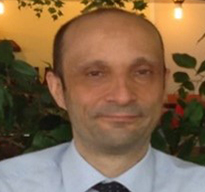
Davide Baldini
Eni

Nicolas Leseur
AIQ
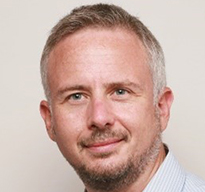
Daniel Busby
TotalEnergies
This session will investigate the latest trends in applications of AI and machine learning to enhance subsurface applications. We will show examples of the implementation of various technologies which enhance workflows, enhance the ability to make better decisions, and/or improve results of subsurface work. Topics will include novel algorithms as well as novel ways of visualising information as already tested and utilised in industry or under development by research and academia.
Speakers
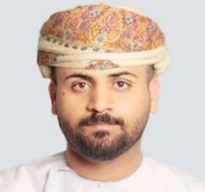
Hamood Al Subhi
PDO

Roberto Berto
Eni

Mounir Belouahchia
AIQ

Jagannath Mukherjee
Halliburton
Reservoir characterisation is a crucial step in the upstream data analyses flow as its output (static models) are input aid to managing HC reservoirs (dynamic model/simulation). It integrates analyses of many geodata of different sources and scales, namely, but not limited to, seismic, well logs, cores, etc. to produce models of different attributes and then perform set of various processes on them to produce reliable models matching the real geo-settings. Performing such tasks rely heavily on supercomputing technologies in both hardware and software. This session will focus on recent technology advancements in reservoir characterisation, including logging, geomodelling, geophysics, hardware/software, reservoirs surveillance (monitoring), and geo-steering.
Speakers
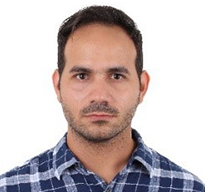
Hesham Hasan
Schlumberger

Stabile Carlo Cristiano
Eni
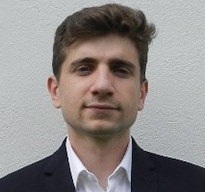
Nicolas Thomazo
Total
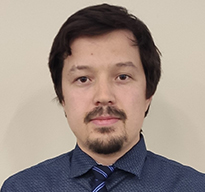
Rail Salimov
ADNOC Offshore
Hundreds of subsurface projects using AI applications in a variety of fields of expertise have been undertaken in recent years. Reservoir characterisation, the design of development plans, and reservoir management have all benefited from advances in machine learning and data-driven approaches, which have revolutionised workflows and best practices. This also compelled us to raise our requirements for data modelling and data management, so introducing new risks that could result in the project failure or producing suboptimal results. This session will present some of the most successful experiences and lessons learned from real-world field applications, with an emphasis on the challenges associated with implementing the approaches and the value they added to the project.
Thursday, September 22
Speakers
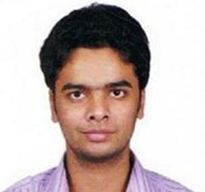
Manish Kumar Singh
Schlumberger
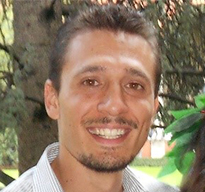
Marco Pirrone
Eni
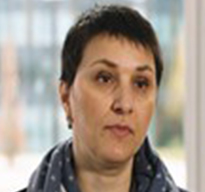
Maria Magdalena Chiotoroiu
OMV
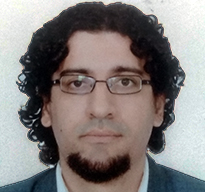
Raffik Lazar
GeomodL International
Hundreds of subsurface projects using AI applications in a variety of fields of expertise have been undertaken in recent years. Reservoir characterisation, the design of development plans, and reservoir management have all benefited from advances in machine learning and data-driven approaches, which have revolutionised workflows and best practices. This also compelled us to raise our requirements for data modelling and data management, so introducing new risks that could result in the project failure or producing suboptimal results. This session will present some of the most successful experiences and lessons learned from real-world field applications, with an emphasis on the challenges associated with implementing the approaches and the value they added to the project.
Speakers
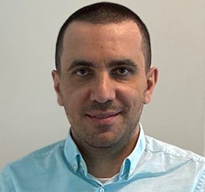
Fabrizio Ursini
Eni

Kristian Mogensen
ADNOC

Dorzhi Badmaev
ADNOC

Varad Sabharwal
Xecta Digital Labs
Artificial Intelligence, analytics, cloud computing, and enhanced processing power have accelerated the development of digital-twin systems. Digital Twins provide oil and gas companies with unprecedented real-time visibility into their operations, enabling them to achieve operational excellence that can quickly result in OPEX savings of millions of dollars. This session will discuss the most effective ways for developing Digital Twin systems, with an emphasis on how these systems may improve operations towards maximised throughput.
Speakers

David Böck
OMV

Kristian Mogensen
ADNOC

Stabile Carlo Cristiano
Eni

Enrico Ballini
Politecnico di Milano
The development of supercomputers in the oil and gas industry has strongly increased the complexity of the numerical models used to forecast oil production. Bigger models are built and multirealisation including geophysical, geological and reservoir uncertainties are nowadays a must to help corporate decisions.
The workload of a full 2G&R development study has therefore increased strongly with a constant workforce perimeter.
Data driven technologies do not aim at increasing the complexity of the models but are developed to integrate more rapidly and without the human bias 2G&R and production data (production, geological, geophysical) and to improve engineers’ efficiency by automatising most of the non-added value tasks.
This session is opening an opportunity for all oil and gas operators, academics, and service companies to share their R&D efforts and experiences where AI has improved the 2G&R data integration and have reduced the engineering time needed to perform2G&R development studies, keeping high quality standards.
Speakers
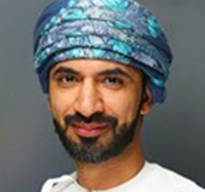
Dawood Al Mahruqi
PDO
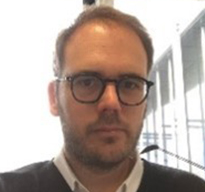
Alexandre Lesage
TotalEnergies

Andrea Leone
Eni

Jagannath Mukherjee
Halliburton
In light of the current situation, the industry is pushed to move towards reducing carbon dioxide emissions while meeting global energy demands. To achieve this ambition, it is critical to develop competitive technologies like low carbon fuels in which Carbon Capture Utilisation and Sequestration (CCUS) is a key enabler. Hence, much of the CCUS business will need to centre around decarbonisation of blue hydrogen and providing a service for the abatement through the utilisation/storage of industrial base CO2.
Another energy source that share technology with the oil and gas industry is geothermal. Also, by a combination of CCS and geothermal technologies, we can contribute to achieve faster decarbonisation and to decrease costs. by sharing injection wells, using CO2 instead of water as heat transfer fluid.
This session will present examples of the future trends on how to leverage new technology and digital solutions to operate efficiently and sustainably. A special focus is set on how new technology can be used to leverage the expertise from oil and gas industry to support and lead the low carbon energy transition.
